Alberta
Province will step in to help Grande Prairie replace RCMP with Municipal Police Force

Alberta funds community policing in Grande Prairie
Alberta’s government is ready to support Grande Prairie in establishing a community-led municipal police service to find solutions unique to their community.
Grande Prairie is in the final stages of deciding to create a municipal police service and Alberta’s government is ready to help them do so. If passed, Budget 2023 will provide $9.7 million over two years toward the costs associated with starting a local police service.
“Alberta’s government is ready to support Grande Prairie as the city improves public safety by exploring new and innovative approaches toward local policing. Having a community-led and focused police service will ensure Grande Prairie is finding unique solutions that will better serve their region.”
The City of Grande Prairie is currently policed by the RCMP under an agreement between the municipality and Public Safety Canada. A recent review of policing independently completed by the city found a significant level of concern with the current policing arrangement. To address these concerns, Grande Prairie commissioned a detailed transition study and public engagement process in September 2022 to consider other police service models.
If Grande Prairie proceeds with setting up a municipal police service, provincial funding will help to offset startup costs such as equipment, uniforms, vehicles and information technology.
“This initial funding gives us confidence that the province will support the City of Grande Prairie should council decide on March 6 to proceed with a municipal police service model.”
The province recognizes that startup costs could be a barrier for communities that want to establish a municipal or regional police service. Alberta’s government supports municipalities studying and developing alternate policing models as a way to address public safety concerns and ensure policing priorities are aligned with local priorities. Every municipality and region has unique needs and they are in the best position to decide how to improve safety in their community.
“As Grande Prairie works toward establishing its own community-driven police force, the Alberta government is fully supportive. This is an excellent example of a made-in-Alberta solution that will strengthen enforcement.”
“Crime has been an ongoing concern for rural Albertans and the community hubs that support policing of these large, sparsely populated areas. I am pleased to work with the City of Grande Prairie to support alternatives to address policing concerns going forward.”
Funding for Grande Prairie is based on the city going ahead with a municipal police service. If Grande Prairie establishes a municipal police service, the provincial government is prepared to work closely with municipal officials to ensure that public safety is maintained during any transition period.
Quick facts
- Under Alberta’s Police Act, towns and cities with populations greater than 5,000 are responsible for their own policing.
- The Police Act gives municipalities the option of having their own police service, forming a regional policing arrangement or contracting for the provincial police’s services (i.e., the RCMP under Alberta’s provincial police service agreement).
- In 2022, Alberta’s government established the Community Policing Grant, which offers Indigenous communities and municipalities up to $30,000 toward developing a business case examining local needs, capital requirements and transition considerations
Alberta
Alberta government should eliminate corporate welfare to generate benefits for Albertans
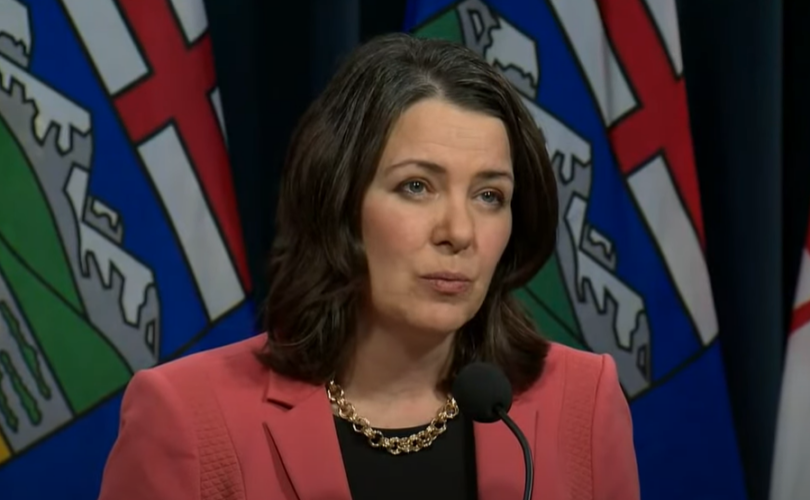
From the Fraser Institute
By Spencer Gudewill and Tegan Hill
Last November, Premier Danielle Smith announced that her government will give up to $1.8 billion in subsidies to Dow Chemicals, which plans to expand a petrochemical project northeast of Edmonton. In other words, $1.8 billion in corporate welfare.
And this is just one example of corporate welfare paid for by Albertans.
According to a recent study published by the Fraser Institute, from 2007 to 2021, the latest year of available data, the Alberta government spent $31.0 billion (inflation-adjusted) on subsidies (a.k.a. corporate welfare) to select firms and businesses, purportedly to help Albertans. And this number excludes other forms of government handouts such as loan guarantees, direct investment and regulatory or tax privileges for particular firms and industries. So the total cost of corporate welfare in Alberta is likely much higher.
Why should Albertans care?
First off, there’s little evidence that corporate welfare generates widespread economic growth or jobs. In fact, evidence suggests the contrary—that subsidies result in a net loss to the economy by shifting resources to less productive sectors or locations (what economists call the “substitution effect”) and/or by keeping businesses alive that are otherwise economically unviable (i.e. “zombie companies”). This misallocation of resources leads to a less efficient, less productive and less prosperous Alberta.
And there are other costs to corporate welfare.
For example, between 2007 and 2019 (the latest year of pre-COVID data), every year on average the Alberta government spent 35 cents (out of every dollar of business income tax revenue it collected) on corporate welfare. Given that workers bear the burden of more than half of any business income tax indirectly through lower wages, if the government reduced business income taxes rather than spend money on corporate welfare, workers could benefit.
Moreover, Premier Smith failed in last month’s provincial budget to provide promised personal income tax relief and create a lower tax bracket for incomes below $60,000 to provide $760 in annual savings for Albertans (on average). But in 2019, after adjusting for inflation, the Alberta government spent $2.4 billion on corporate welfare—equivalent to $1,034 per tax filer. Clearly, instead of subsidizing select businesses, the Smith government could have kept its promise to lower personal income taxes.
Finally, there’s the Heritage Fund, which the Alberta government created almost 50 years ago to save a share of the province’s resource wealth for the future.
In her 2024 budget, Premier Smith earmarked $2.0 billion for the Heritage Fund this fiscal year—almost the exact amount spent on corporate welfare each year (on average) between 2007 and 2019. Put another way, the Alberta government could save twice as much in the Heritage Fund in 2024/25 if it ended corporate welfare, which would help Premier Smith keep her promise to build up the Heritage Fund to between $250 billion and $400 billion by 2050.
By eliminating corporate welfare, the Smith government can create fiscal room to reduce personal and business income taxes, or save more in the Heritage Fund. Any of these options will benefit Albertans far more than wasteful billion-dollar subsidies to favoured firms.
Authors:
Alberta
Official statement from Premier Danielle Smith and Energy Minister Brian Jean on the start-up of the Trans Mountain Pipeline

-
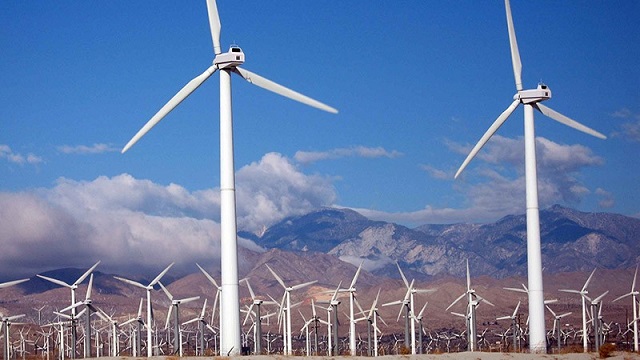
 Economy19 hours ago
Economy19 hours ago‘Gambling With The Grid’: New Data Highlights Achilles’ Heel Of One Of Biden’s Favorite Green Power Sources
-
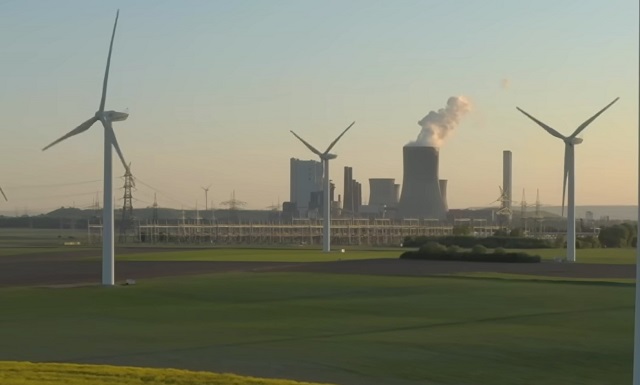
 Energy16 hours ago
Energy16 hours agoMarket Realities Are Throwing Wrench In Biden’s Green Energy Dreams
-
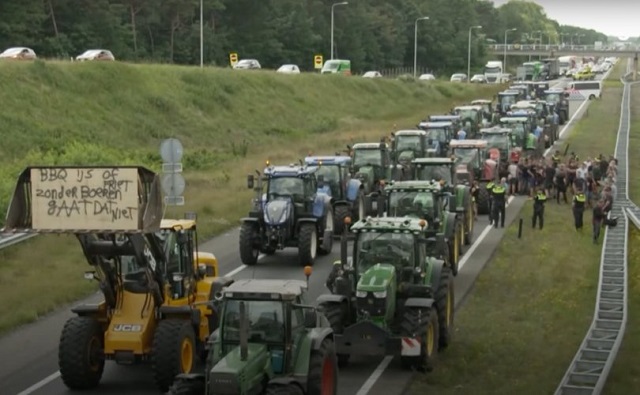
 Energy2 days ago
Energy2 days agoNet Zero’s days are numbered? Why Europeans are souring on the climate agenda
-

 illegal immigration20 hours ago
illegal immigration20 hours agoBiden’s DOJ Threatens To Sue Another State For Enforcing Immigration Law
-
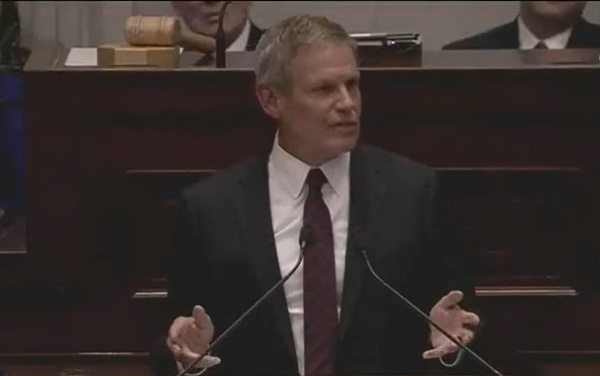
 ESG17 hours ago
ESG17 hours agoTennessee Taking Lead In Protecting Civil Rights And Free Enterprise—And Stopping Political Debanking
-

 International1 day ago
International1 day agoTrump campaign says he will pardon Jan. 6 prisoners on ‘case-by-case basis’ if re-elected
-
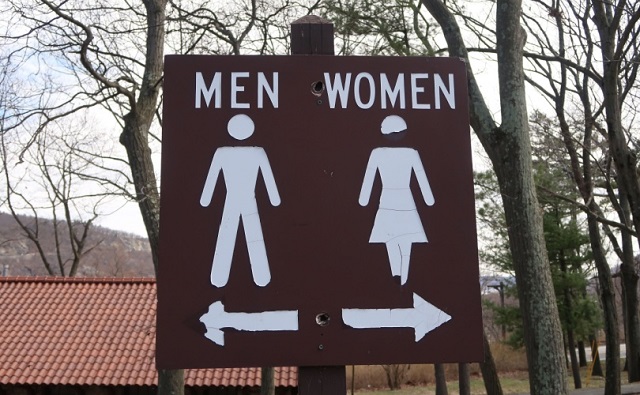
 Opinion2 days ago
Opinion2 days agoQuebec’s ban on gender-neutral bathrooms in schools is good news
-

 Energy2 days ago
Energy2 days agoBiden Has Taken More Than 200 Actions Against Domestic Oil, New Report Says








